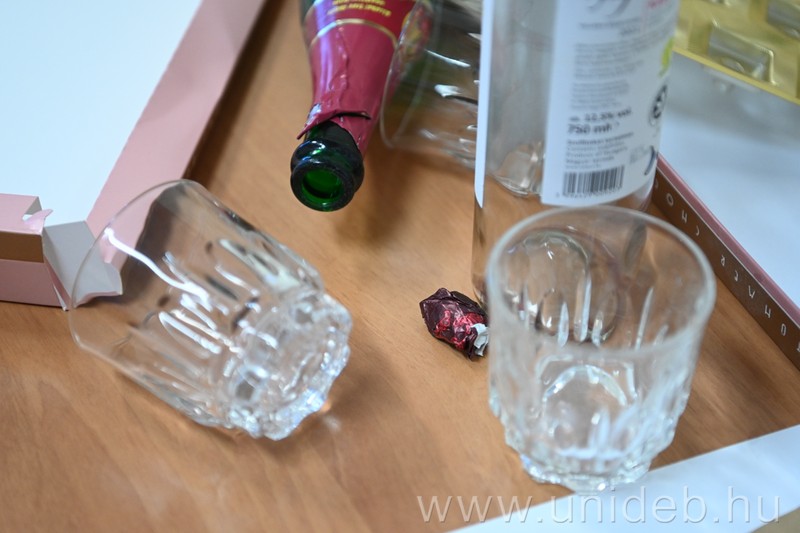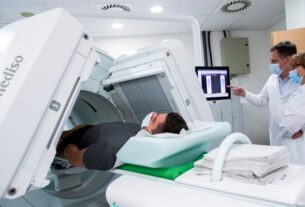With customized, experience-based therapy, alcoholic patients are helped to change their lifestyle and develop an abstinent and balanced life at the Clinical Center of the University of Debrecen. Motivated and cooperative patients are expected to apply for the Minnesota program, which will restart this August after the coronavirus epidemic.
Addiction is nothing more than a pathological manifestation of the pursuit of happiness. In today’s world full of challenges, tension and stress, people are overused, but everyone wants to be happy, so they try to pick up a habit that fills them and gives them energy. It is common that when someone wants to relax and recharge, they most often turn to alcohol. After a while, however, this no longer helps but destroys, and depending on the individual, anxiety, depression, panic, or possibly some kind of psychotic condition may develop. The goal of the intensive therapy program is for our clients to understand the essence of their illness and to acquire skills that will help them lead an abstinent and balanced, harmonious life
– explained Csaba E. Móré, Adult Psychiatrist at the UD Clinical Center.
The Minnesota program, which will start in August at the Department of Adult Psychiatry of the University of Debrecen Clinical Center, has an individualized, experience-based, abstinence-oriented, comprehensive and multi-professional approach, which not only helps the patient to stop drinking but also teaches that lifestyle change is preceded by thinking, talking and also the change of the act. To this end, in addition to the classic pillars of the Minnesota model, great emphasis is also placed on experiencing positive experiences. They also help the participants with medication, but this is not the most important part of the program.
The program also includes lectures, personalized, individual patient management, Alcoholics Anonymous meetings, group therapy, psychotherapy sessions, such as autogenic training, faith and recovery, physical therapy, feelings group, psychodrama, art and literature group, and animal-assisted therapy. We consider maintaining contact with cooperative family members an important element of our work. In order to create a successful rehabilitation and a suitable therapeutic atmosphere, the basic requirement is mutual respect and help, listening to each other, encouraging each other and taking therapy seriously
– said the specialist.
The program is under the professional supervision of university associate professor Ede Frecska and head physician Csaba E. Móré.
The therapy staff consists of doctors, psychologists, mental health specialists, and nurses, as well as a social therapist, an addiction consultant, a physiotherapist, a pastor and an experienced expert. The professionals think together and work for the patient in an interdependent system.
Alcoholic patients from any part of the country are accepted for the 16-week treatment, but the applicant’s volunteerism, motivation and willingness to cooperate are essential. In addition, it is important that the patient attends an Alcoholics Anonymous meeting at least 2-3 times before applying.
Admission to the program is decided by the professional staff after a motivational interview.
You can sign up for the interview at the following contact details: +36 52/511-896 Department of Addiction, +36 30/360-3921 Head Nurse Zoltán Papp, fpszichiatria@med.unideb.hu.
People over the age of 60 or people with learning disabilities or partial disabilities that make reading and writing impossible cannot be admitted to the program. The therapy is free of charge with a valid TAJ card, and participants receive full hospital care.
After successful treatment, follow-up care is also possible based on individual needs and consultation.
(unideb.hu)


















